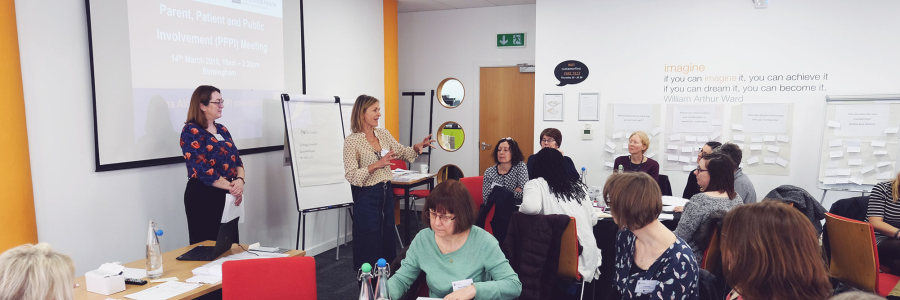NPEU Policy Research Unit (PRU) Maternal and neonatal health and care

Funded by the government through the National Institute for Health Research, the PRU provides evidence about the health, wellbeing and care of mothers during and after pregnancy, their babies and families.






